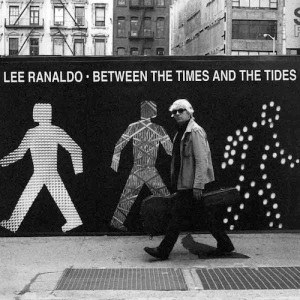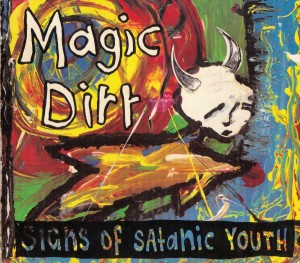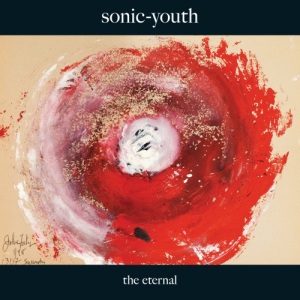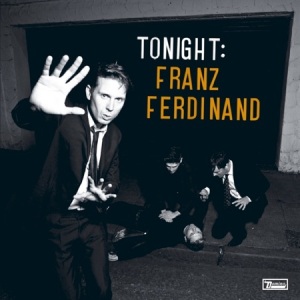Lee Ranaldo: Between the Time and the Tides
(Matador) 2012
I thought this review over on the ever-debatable Pitchfork was lazy and a little unfair. Sure, Between the Times and the Tides is a conventional album filled with fairly conventional songs, but was it ever promoted as anything else? There’s an interesting story within David Browne’s ode to Sonic Youth, Goodbye 20th Century, which details a schism between Ranaldo and the Moore/Gordon Union during the recording of Goo. Ranaldo, going through a divorce at the time, had written a song that meant a great deal to him and which he wanted on the album, but the afore-mentioned Union refused to include anything so obviously confessional and conventional. What I’m saying is, Ranaldo has always had it in him to write the type of songs found on Between the Times and the Tides, he just never had the outlet. The guy was part of a hippy folk act before Sonic Youth for crying out loud.
Personally I’m really digging this record. I love the fact that he’s stepped completely left of Sonic Youth’s ironic noise-rock experiments* (let’s face it, Thurston Moore’s Demolished Thoughts from last year was basically an unplugged Sonic Youth set with Cellos…….and confessional lyrics). I say good-on Ranaldo for flying his own flag.
And he flies that flag well. He does a better REM than REM does, while some sections come across like later period Husker Du. There’s slide guitar, country twang, retro guitar jams, xylophones, organs, funky basslines, chorus hooks and even an acoustic moment or two. Ranaldo sounds like he’s having the time of his life, doing his own thing and making all his own decisions. Whatever Pitchfork says, I don’t hear any awkward transitions within these songs and I think the simplistic lyrics are perfectly suited to the music behind them. Lee Ranaldo’s contributions to Sonic Youth’s albums have always ended up as my favourite of the band’s songs; Between the Times and the Tides just might end up as my favourite of their solo albums too.
*disclaimer: Sonic Youth are the one band that I have listened to and admired consistently throughout my life.





 Sadly, on August 21st Dean Turner, the quiet-achieving bassist and part founder of Australian rock legends Magic Dirt, succumbed to cancer. He was only 37.
Sadly, on August 21st Dean Turner, the quiet-achieving bassist and part founder of Australian rock legends Magic Dirt, succumbed to cancer. He was only 37.
